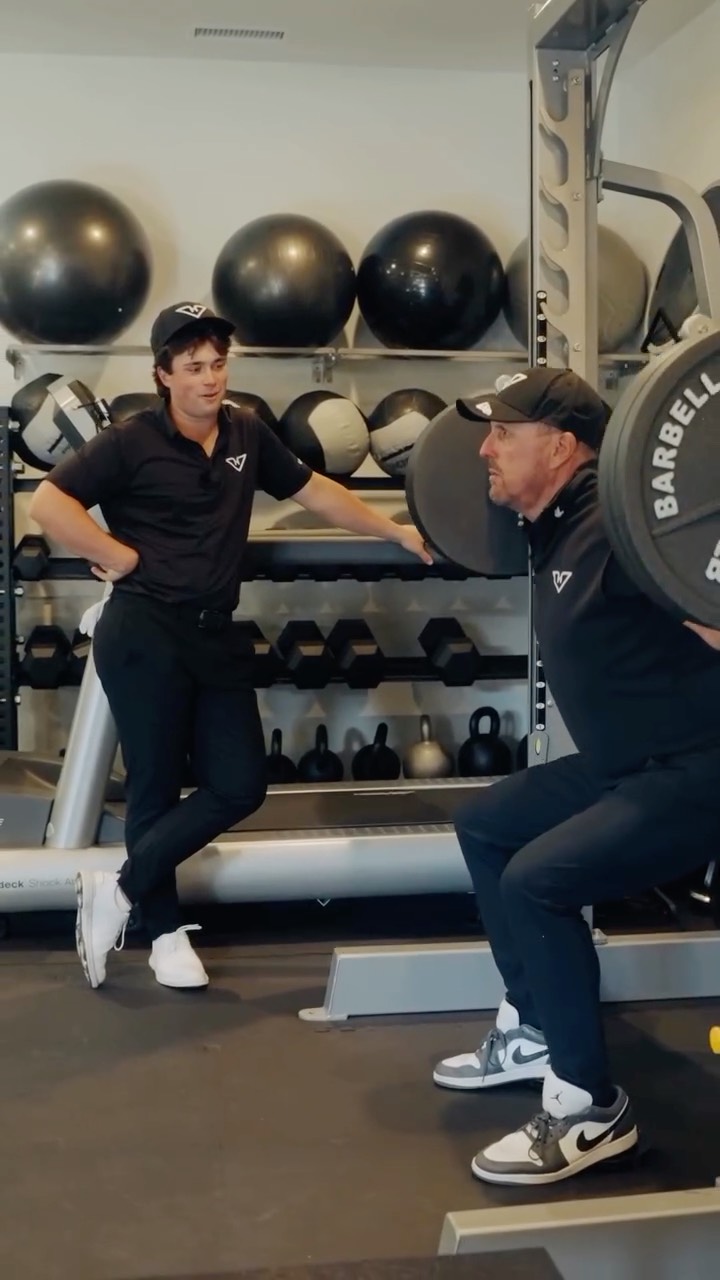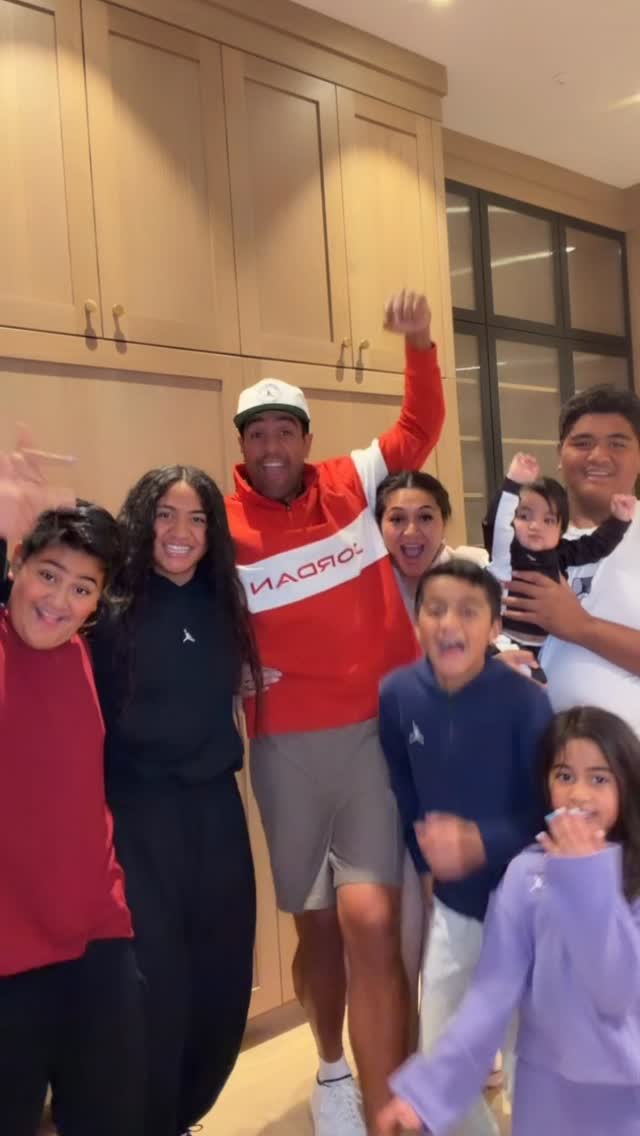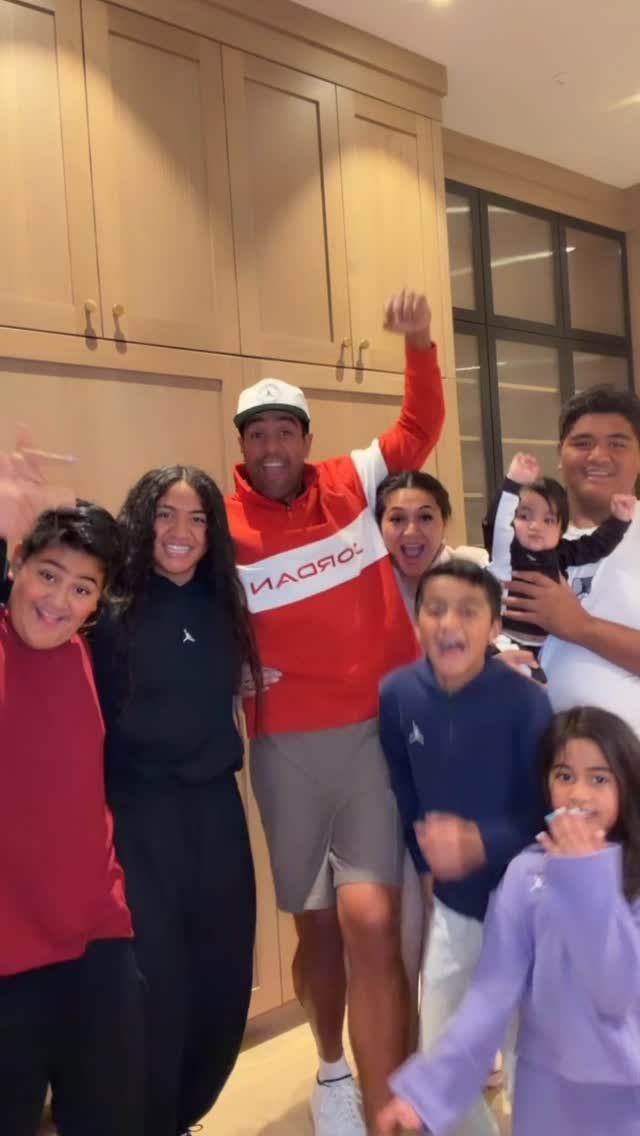Time to get back on the course with Rickie Fowler as he prepares for the new season.


Time to get back on the course with Rickie Fowler as he prepares for the new season.

Tyrrell Hatton is set to defend his title at the upcoming Hero Dubai Desert Classic, bringing focus and determination to the challenge ahead.

Class is in session with Will Zalatoris as he teams up with Vokey Wedge Rep to dissect the latest SM11 wedge performance at PGA West.

Switzerland is known for its stunning alpine landscapes, and Samnaun offers some of the best powder skiing experiences in the region. This video captures a day on the slopes, showcasing the pristine snow and dynamic skiing conditions that attract winter sports enthusiasts from across Europe.

Can’t wait for the 152nd Open Championship at Royal Troon! The excitement is building as the world’s best golfers prepare to take on one of the toughest links courses in the world.

We’re off to a great start with the Hy Flyers Golf Club as they kick off their season with impressive energy and teamwork.

Time to jump back in the saddle! Rickie Fowler is back on the course, showing why he remains one of golf’s most dynamic players.

The golf swing is a complex movement that requires precision, timing, and practice. Understanding the key elements can help players improve their consistency and power.

The art of the golf chip shot is a fundamental skill that can save many strokes around the green. Mastering this technique requires understanding the right setup, club selection, and swing mechanics to control distance and trajectory effectively.

The golf swing is a complex motion that requires precision, timing, and balance. Understanding the key elements can help players improve their game and lower their scores.